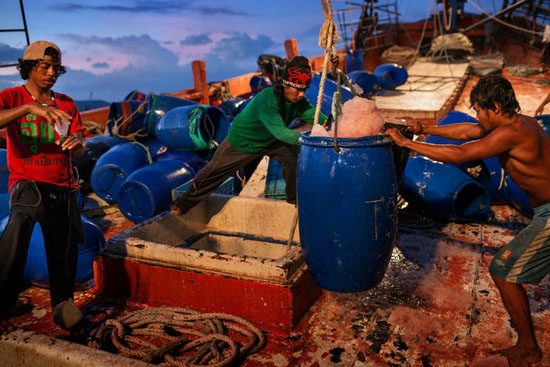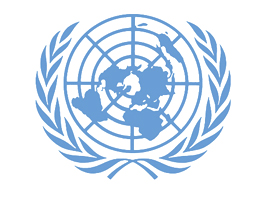
Last week, the president signed the Port State Measures Agreement, which empowers officials to prohibit foreign vessels suspected of illegal fishing from receiving port services and access. The United States became the 20th country to ratify the pact.In another step, the National Oceanic and Atmospheric Administration announced a plan this month to improve how seafood is tracked from catch to market, imposing new reporting requirements on American importers. Two of the world’s largest trade unions filed a complaint last week with the United Nations’ labor agency about seafood from Thailand produced by so-called sea slaves, and the Thai government said it was installing satellite tracking devices on more fishing ships and requiring more reporting as workers get on or off the vessels.
“Step by step, I do really think we’re making progress, and there is a growing awareness of how much we need to get more control over the world’s oceans and the range of crime that happens out there,” Secretary of State John Kerry said in an interview on Monday. He added that he hoped to build on the momentum in the fall during a global meeting, called Our Oceans that he will host in Washington.
The amendment that the president has said he will sign this week would close a loophole in the Tariff Act of 1930, which bars products made by convict, forced or indentured labor. For 85 years, the law has exempted goods derived from slavery if American domestic production could not meet demand.
In July, The New York Times published an article about forced labor on Thai boats, many of which catch the fish destined for pet food. It chronicled the lives of several dozen indentured Cambodian migrants, most of them boys, working on the ships, all of whom are now free. Among them was a man named Lang Long, who was shackled by the neck during his three years of captivity at sea.
“I think most Americans were horrified to learn that the fish in the pet food they give to their cats and dogs was being caught by children forced to work on ships against their will,” said Senator Sherrod Brown, Democrat of Ohio, who, along with Senator Ron Wyden, Democrat of Oregon, sponsored the amendment, which has long been a goal of human rights advocates. The amendment focused on all types of forced and child labor, not just that used to produce seafood, and was passed by the Senate on Thursday with bipartisan support.
Two of the largest labor unions, the International Transport Workers’ Federation and International Trade Union Confederation, filed a complaint at the International Labor Organization, which is part of the United Nations, about the use of forced labor to produce Thai seafood.
Mr. Cotton said the next step would be for the United Nations labor organization to send a team to investigate the allegations. The complaint carries more weight because it was sponsored by the trade union confederation, which includes the A.F.L.-C.I.O. and is the world’s largest union, representing 176 million workers.





